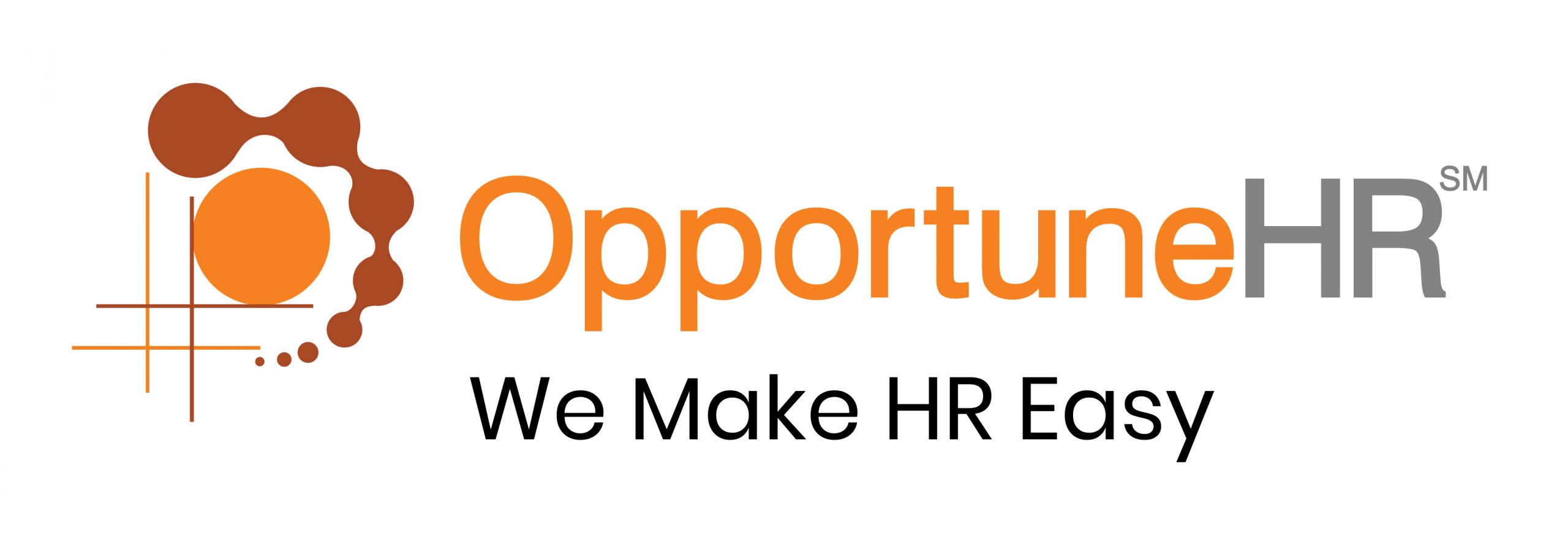The manufacturing industry is known for its complexities in managing various aspects of human resources. On one hand, the large number of work force is blue-collar, on the other end there are engineers and managers. Their expectations from an HR software are different.
Plus the compliances are stricter in manufacturing. And factories in multi-locations also make HR’s job challenging.
HR in manufacturing are regularly involved in handling tasks such as the calculation of workmen’s union salary, attendance tracking, contractor workers management, and ever-changing compliance adherence.
These challenges are compounded by–
- The need to design complex CTC structures.
- Calculation of salary heads on a daily basis and pro-rata.
- Managing contract employees’ attendance for billing.
- Minimum wages, and other shift planning compliance adherence.
- Handling the complex calculation of OT hours and multiple rates.
To Explore our in-depth analysis of HR Challenges in the Manufacturing Sector.
Using Traditional Desktop HR Software To Manage These Complexities Poses Several Challenges:
- Limited Scalability: Desktop HR software struggles to handle the high volume of attendance data. Especially during shift changes and break times, which are common occurrences in manufacturing facilities.
- Compliance Concerns: The maintenance of compliance registers as per factories act is cumbersome and error-prone when managed through desktop software. It leads to errors potentially leading to legal and financial implications.
- Inefficient Processes: Complex attendance rules, extensive time configuration for roster management, and multiple OT rules are not effectively supported by traditional desktop HR software, leading to inefficient and error-prone processes.
To address these challenges, cloud-based HR solutions such as OpportuneHR offer a comprehensive set of features and processes. The flexibility of the system helps you configure the rules-engine tailored for the specific needs of the manufacturing industry:
- Configurable Attendance Rules: You get the ability to configure complex attendance rules and process high volumes of daily punch data efficiently.
- Roster Management: Effective implementation of rosters for IN-OUT timing, Out for Lunch / In from Lunch using extensive time configuration to handle shift changes and break times seamlessly.
- Flexible Salary Structure: Configuration of salary structure and multiple OT rules to fit the workmen’s payroll requirements accurately.
- Contractor Management: Generates contractor head count and deviation reports to integrate with billing systems, ensuring accurate tracking of contract workers’ attendance.
In fact, OpportuneHR goes one step ahead and offers you a pre-configured HRMS and payroll software, customised for your particular industry needs and organisation requirements.
And all compliances are updated regularly inside the system automatically.
So HR in manufacturing can take a deep breath of relief.
Call us today for an extensive demo!
“OpportuneHR has speeded up the operations at 4000+ locations, for 25000+ employees. We could pre-pone salary disbursement by 5 days, and reduced the cost of payroll management by more than 50%. Salary day predictability and timely & accurate process completion took off pressure from management.”
Conclusion:
Transitioning from desktop HR software to cloud-based solutions like OpportuneHR can significantly streamline operations, improve compliance adherence, and reduce costs for manufacturing organisations.
By leveraging the advanced features and scalability of cloud HR software, manufacturing companies can effectively address the complex HR challenges they face on a daily basis.







